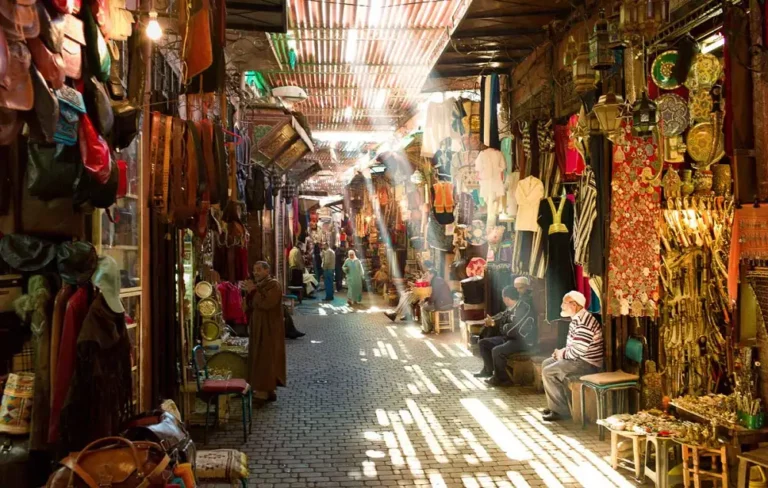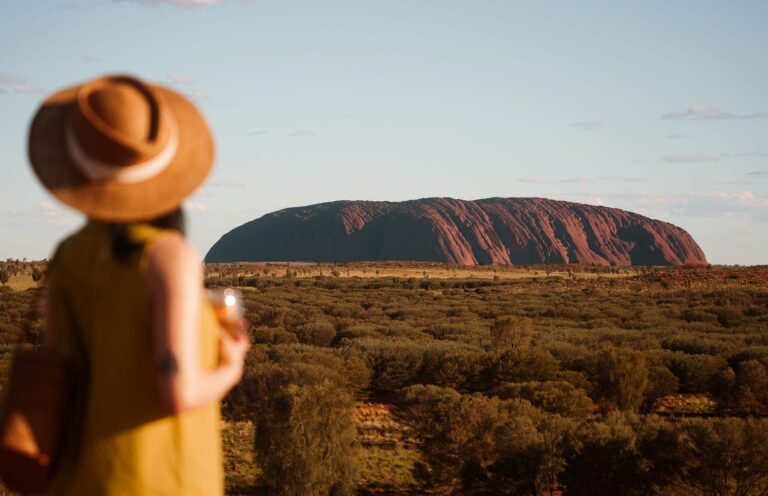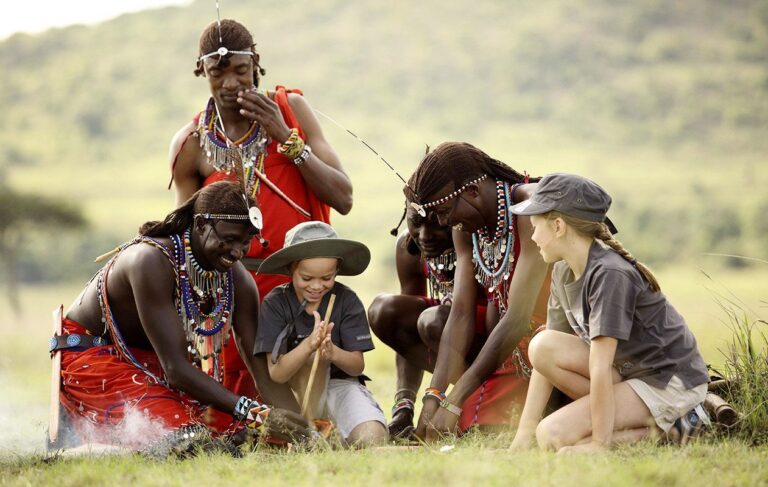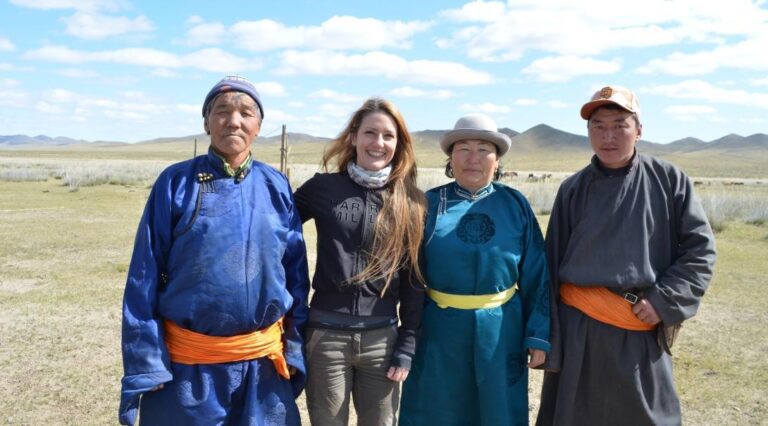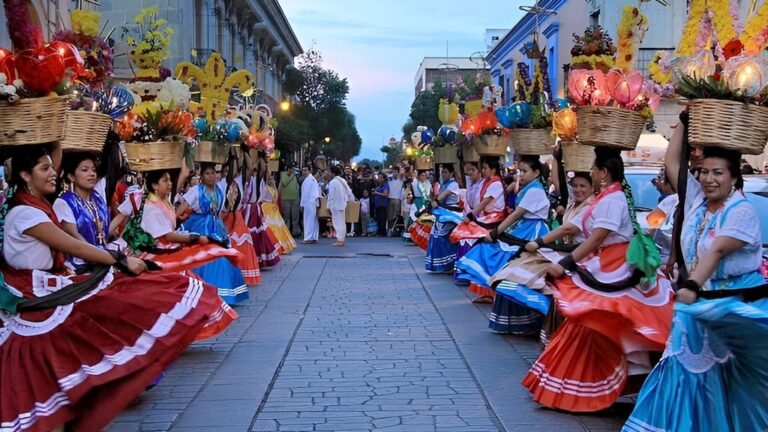Culture Vacation: A Complete Guide to Immersive and Authentic Travel Experiences
A culture vacation is more than just time away from daily life; it is a journey into the heart of traditions, history, and lifestyles that define a destination. Unlike conventional vacations that prioritize relaxation or adventure alone, a culture vacation emphasizes authentic experiences rooted in heritage, art, festivals, cuisine, and daily community life.
When travelers choose a cultural vacation, they move beyond being observers. Instead, they become participants in meaningful exchanges, whether through attending local celebrations, learning traditional crafts, or exploring sacred sites. This type of vacation provides not only enjoyment but also a deeper understanding of the world’s diversity.
What Defines a Cultural Vacation
A culture vacation is defined by intentional immersion in the customs and heritage of a destination. It is not limited to visiting museums or monuments but extends into real-life engagement with people and practices. Travelers might cook with local families, take part in seasonal festivals, or join guided tours led by community members.
The defining characteristic of a culture vacation is authenticity. It seeks to preserve and honor traditions while creating opportunities for travelers to gain insight. By participating, travelers foster respect, empathy, and appreciation for the values that shape different societies.
Why Culture Vacations Matter Today
In today’s globalized world, cultural vacations are increasingly important. They offer a counterbalance to mass tourism, which often reduces destinations to commercial attractions. By focusing on heritage and authenticity, cultural vacations help preserve traditions and support communities directly.
Moreover, cultural vacations create long-lasting personal growth. They encourage open-mindedness, adaptability, and understanding. For travelers, this means returning home with more than memories—they bring back knowledge, empathy, and stories that enrich their lives and inspire others.
Real-World Examples of Culture Vacations
Exploring Festivals in India

India is renowned for its festivals, making it a prime destination for a cultural vacation. Attending Diwali, the festival of lights, or Holi, the festival of colors, allows travelers to experience joy, rituals, and community gatherings firsthand.
These events highlight the spiritual and social aspects of Indian culture. By participating in the traditions rather than observing from a distance, travelers gain insight into the values of unity, gratitude, and renewal that define Indian society.
Japanese Tea Ceremony in Kyoto
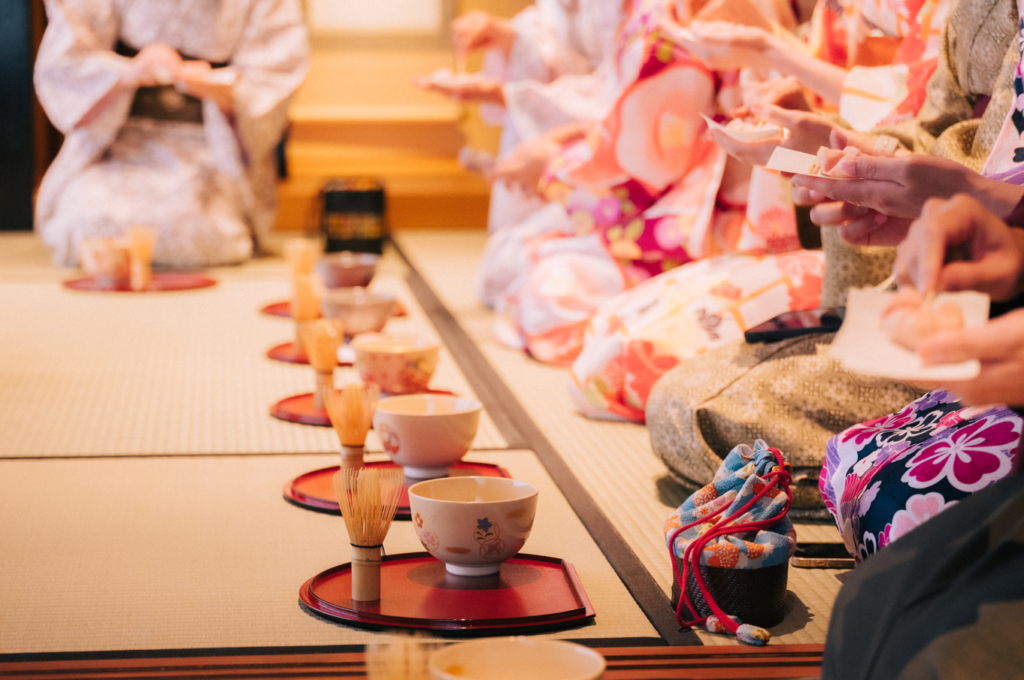
In Japan, a cultural vacation often includes engaging with rituals that embody harmony and mindfulness. The Japanese tea ceremony, for instance, is more than a beverage ritual; it is a cultural performance that represents respect, simplicity, and tradition.
Travelers who participate in these ceremonies discover how Japan’s cultural practices are deeply tied to philosophy and aesthetics. A culture vacation here transforms into an educational journey into patience, balance, and appreciation for detail.
Artisan Craft Traditions in Morocco
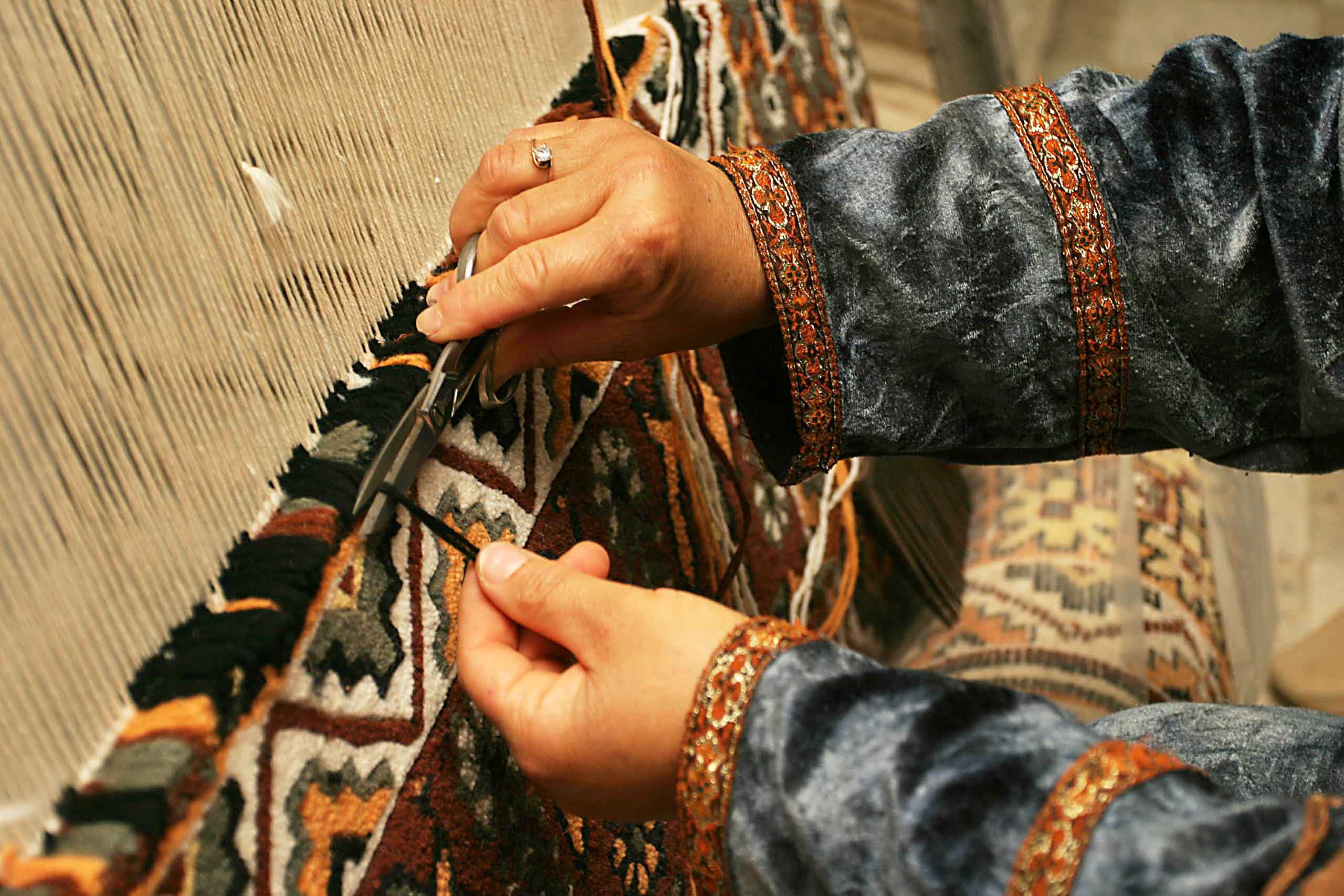
Morocco’s souks and artisan workshops are essential experiences for a cultural vacation. From carpet weaving to pottery making, travelers can observe and even join in creating crafts that carry centuries of heritage.
These experiences highlight how culture is expressed through craftsmanship. For travelers, it is an opportunity to connect directly with artisans, understand their skills, and appreciate the traditions that sustain local communities.
Incan Heritage in Peru
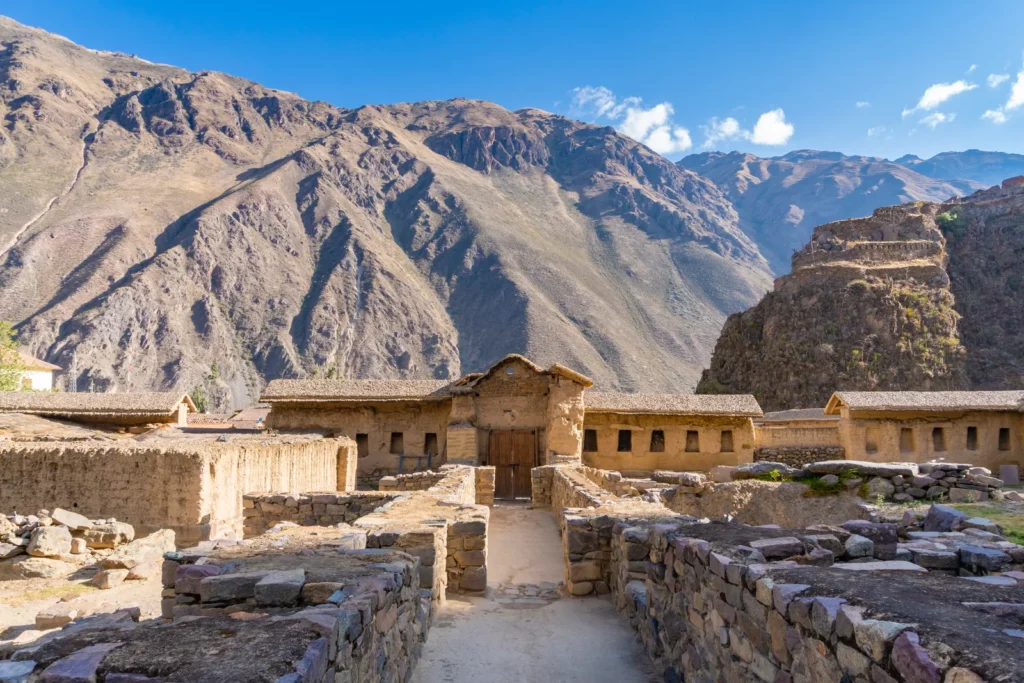
Peru offers culture vacations that merge historical exploration with living traditions. Visiting Machu Picchu or the Sacred Valley goes beyond sightseeing when travelers engage with Quechua communities. Participating in weaving or farming practices reveals how traditions are preserved and adapted in modern life.
For many, these immersive experiences make history tangible. Instead of learning about the Incas from a distance, travelers witness how their legacy endures through rituals and crafts passed down for generations.
Benefits of a Culture Vacation
One of the greatest benefits of a cultural vacation is the depth of experience. Unlike conventional trips, these journeys offer knowledge and connections that remain meaningful long after returning home. Travelers develop empathy and cross-cultural awareness, which enrich personal and professional relationships.
Another benefit lies in sustainability. Culture vacations often emphasize responsible tourism, ensuring that communities benefit directly from visitor participation. By supporting local businesses and engaging with authentic traditions, travelers contribute to the preservation of heritage.
For families and individuals alike, cultural vacations also encourage adaptability. They require stepping outside comfort zones, embracing new traditions, and learning to navigate different cultural landscapes, all of which are valuable life skills.
Use Cases of Culture Vacations
Educational Journeys for Students
Students participating in cultural vacations gain practical knowledge beyond the classroom. For example, history lessons become vivid when walking through ancient ruins or experiencing local rituals. Culture vacations serve as experiential education that shapes global citizens.
Enriching Professional Development
Professionals benefit from cultural vacations by enhancing cross-cultural understanding. Exposure to different traditions builds communication skills and fosters adaptability, which are invaluable in international business or diplomacy.
Promoting Sustainable Tourism
Destinations suffering from mass tourism pressures benefit from cultural vacations. Travelers who choose smaller communities or cultural exchanges help distribute tourism income and reduce strain on overvisited areas.
Preserving Intangible Heritage
Culture vacations directly contribute to the preservation of traditions such as folk music, dance, and oral storytelling. By participating, travelers ensure these practices remain vibrant for future generations.
Technology’s Role in Cultural Vacations
Technology has reshaped how travelers plan and experience cultural vacations. Digital platforms connect visitors with local guides, workshops, and cultural events, ensuring access to authentic experiences curated by communities themselves.
Virtual reality and augmented reality tools provide educational previews of cultural sites and traditions, sparking curiosity before arrival. Social media further amplifies awareness, encouraging responsible travel and inspiring others to engage in heritage-based experiences.
However, technology works best as a complement. While it can prepare and guide, the essence of a culture vacation remains rooted in real, face-to-face human connections.
Frequently Asked Questions
1. What is a culture vacation?
A culture vacation is a type of travel focused on immersing yourself in the traditions, heritage, and lifestyles of a destination. It emphasizes authentic experiences rather than surface-level sightseeing.
2. How is a cultural vacation different from regular tourism?
Unlike standard vacations that prioritize relaxation or entertainment, culture vacations highlight learning, participation, and engagement with local traditions. They focus on authenticity and depth.
3. Can a culture vacation be sustainable?
Yes. Culture vacations often promote sustainability by supporting local economies, preserving traditions, and encouraging responsible interaction between travelers and communities.
